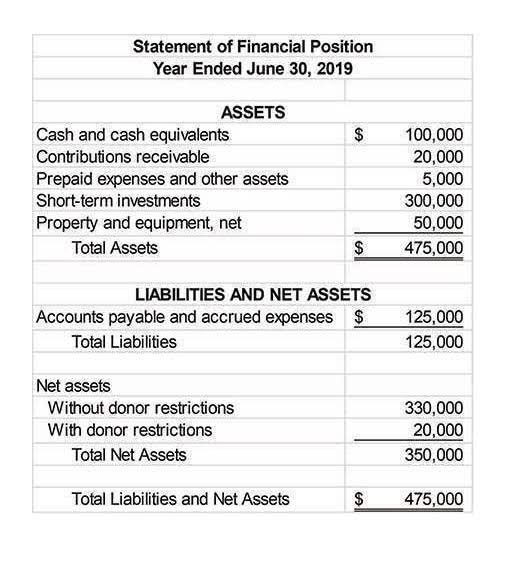Overtime Pay: General Guidance U S. Department of Labor

For more additional assistance, check out our free overtime calculator. Authoritative, up-to-date data on the living standards of American workers. Stay in touch with the equivalent of the Department of Labor in your state or jurisdiction to make certain that your overtime decisions are lawful. Official websites use .govA .gov website belongs to an official government organization in the United States.
The new Labor Department rule applies to salaried workers under a certain salary level. Non-exempt employees can’t receive comp time because, under FLSA regulations, they must be paid at least minimum wage for all hours worked. Overtime refers to any hours worked by an employee that exceed their normally scheduled working hours.
Overtime Rules for Exempt and Non-Exempt Employees
While a generalized overtime definition refers simply to those hours worked outside of the standard working schedule, overtime commonly refers concurrently to the employee’s remunerations of such work. The overtime rate of pay varies between companies and by specifics of the overtime, such as the number of overtime hours worked. Employers with hourly wage earners need to know how to calculate overtime to ensure what is overtime that they are paying employees the right amount and complying with the FLSA. The rate is one and a half times the normal pay rate the employee earns. All other employees are classified as nonexempt which means that they are subject to the Fair Labor Standards Act and are eligible for overtime pay. Additionally, Oregon requires overtime pay for people in manufacturing establishments who work over 10 hours a day.
- The crux of the act says that employees are entitled to receive the minimum wage along with an overtime pay rate.
- Employees considered to be “bona fide executive, administrative, professional and outside sales employees,” some computer employees, and some employees who are paid a salary equal to no less than $684 per week may be exempt from overtime pay.
- The overtime rate must be at least 1.5 times the amount of your hourly pay rate.
- According to the Department of Labor (DOL), some exceptions to these overtime rules apply, under special circumstances, to police and firefighters and to employees of hospitals and nursing homes.
- Exceeding 8 hours per day would trigger overtime because their working hours would surpass the 40-hour maximum.
To be exempt from overtime pay, an employee needs to earn more than $47,476 annually. They must be treated as a salaried employee, and must be paid in set portions, at set intervals. Exempt employees also need to do some type of white-collar work consisting of professional duties or administrative tasks. An employee working five days a week for eight hours a day is working 40 hours per week. Exceeding 8 hours per day would trigger overtime because their working hours would surpass the 40-hour maximum. Additionally, in some state law, overtime is required for work past 8 hours.
Is overtime after 8 hours or 40 hours?
Overtime Laws in the States – provides a clickable map that informs what the overtime laws are in each state. No, you won’t have to set up time clocks for your executives, but you will have to keep records to make sure these employees are making more than the minimum. You can choose how to keep those records as long as they meet FLSA requirements. However, certain instances exist where an employer might want to pay employees double-time pay as a goodwill gesture to employees. Two that immediately come to mind are when an employee works on a holiday or when an employee must miss a company-sponsored event because the employee has to work.
“Is Extra Pay Required For Weekend Or Night Work?”Additional information about overtime pay from the elaws FLSA Advisor. The rule also includes automatic increases to that salary eligibility level every three years, starting in 2027, to keep pace with the changing labor market and wages. If an employee shows up for a shift and is told that there will be no work that day, you do not need to count that first hour of work.



